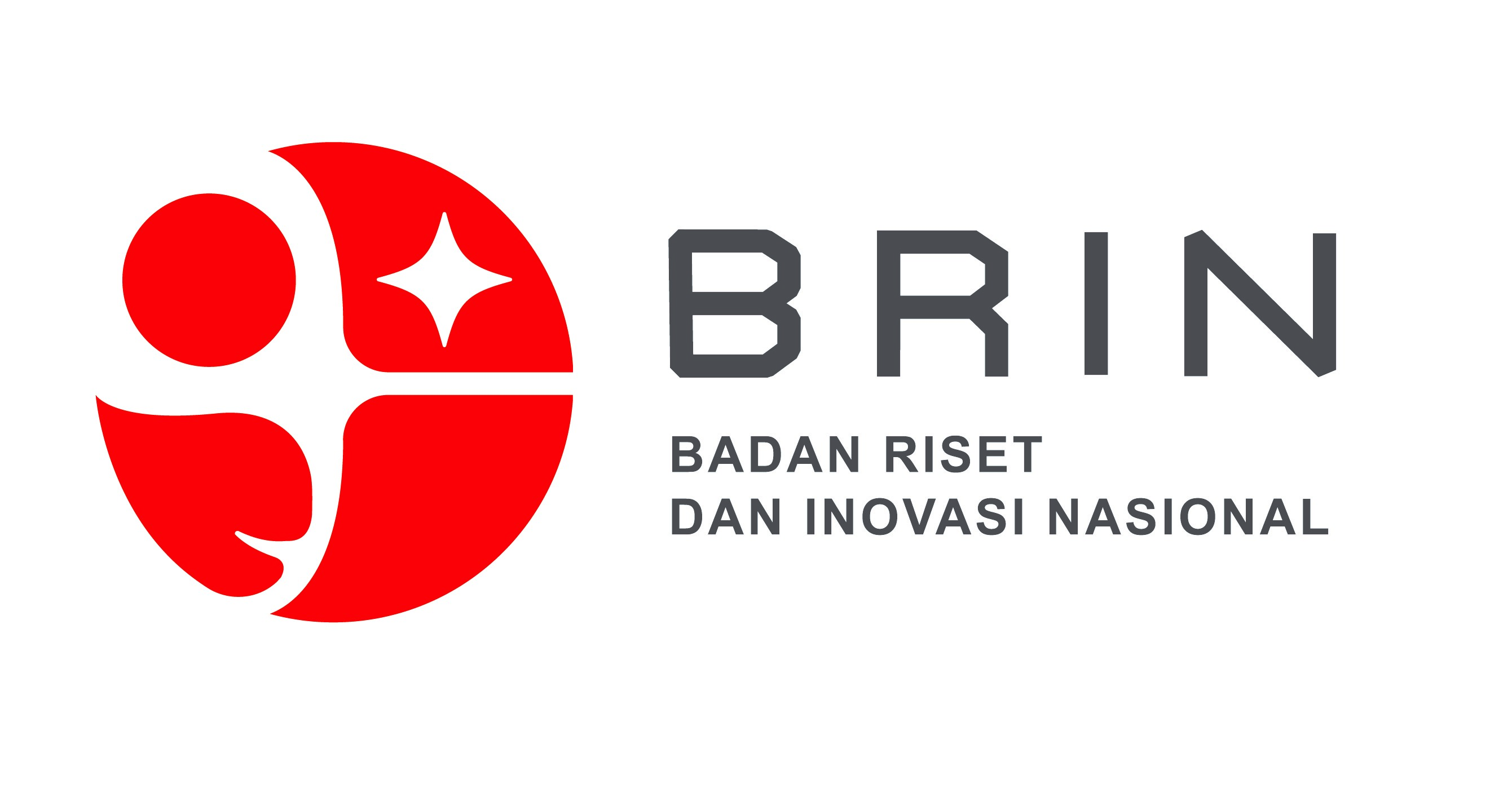HUBUNGAN PEMBERIAN ASI EKSKLUSIF DENGAN KEJADIAN DIARE PADA BAYI USIA 0-12 BULAN
Kata Kunci:
Exclusive breastfeeding, Diarrhea, BabyAbstrak
Background : Breast milk (ASI) is the main source of nutrition for babies, which is secreted by breast candy which contains various kinds of protein, carbohydrates, vitamins in a balanced amount and in accordance with the baby's digestive system. Exclusive breastfeeding for the first 6 months can prevent infectious diseases such as diarrhea and respiratory tract. Diarrhea is defecation with the consistency of loose stools usually accompanied by an increase in frequency. The Ministry of Health's 2020 survey diarrhea is still a public health problem which has high morbidity and mortality and is even the main cause of under-five mortality in Indonesia.
Objective : In general, this study aims to see the relationship, offering exclusive breastfeeding with the incidence of diarrhea in infants aged 0-12 months.
Methods : This study uses library research using secondary data from previous research results from books, primary or original scientific reports in articles or journals, and uses data methods in the form of documentation methods based on inclusion criteria determined by the author.
Results : The results of the study by Bayu, et al, with 42 babies as respondents, found that the incidence of diarrhea was more dominant at 9 months, namely 13 babies. whereas for babies aged 6 months, the results were at least 1 baby. The results of the study by Malau et al. Obtained from 86 infants showed that there was a relationship between exclusive breastfeeding and the incidence of diarrhea in infants with p <0.05. The results of research by Sentana, et al, with the number of respondents were 90 babies. It was found that exclusive breastfeeding had a significant relationship with the incidence of diarrhea, where exclusive non-breastfeeding status increased the incidence of diarrhea in infants with an RO value of 4.129. The results of the chi-square statistical test p = 0.014. The results of the study by Suryantini, et al. On 47 respondents, on 35 respondents who gave exclusive breastfeeding, there were 29 who did not experience diarrhea, while for 12 respondents who did not exclusively breastfeed it was found 7 who had diarrhea.
Conclusion : There is an association between offering exclusive breastfeeding to the incidence of diarrhea, a higher percentage of mothers who are not exclusively breastfed, and a higher incidence of diarrhea in infants who are not exclusively breastfed compared to infants who are exclusively breastfed.










